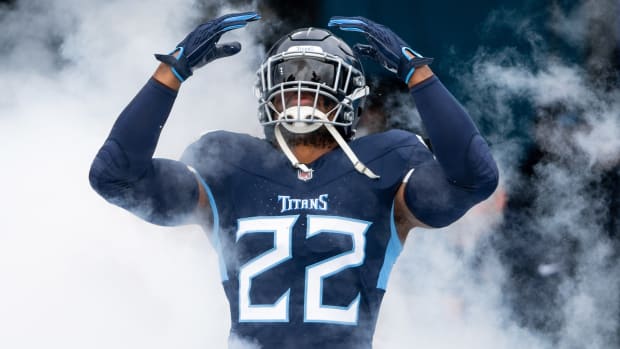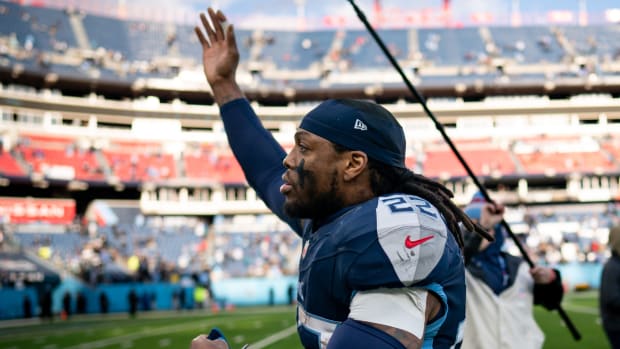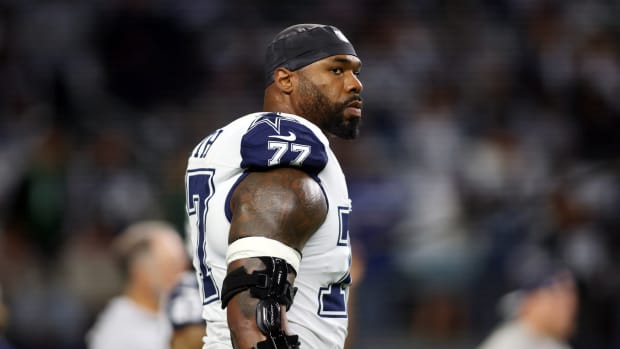Next Step For Titans A Daunting One
NASHVILLE – Almost immediately after they lost in the AFC Championship at Kansas City in January, Tennessee Titans players and coaches talked about the need to finish on top of the AFC South this season.
Given that the franchise had just endured three straight postseason road games, the appeal was obvious. First place guarantees at least one home playoff game and offers the opportunity for more.
“We have to host some of those games,” coach Mike Vrabel said a day after the loss to the Chiefs. “We have to get to the point where we host them.”
Beyond that, it is an obvious step for a team that finished second as Tennessee did in 2019, when it went 9-7 and finished a game behind Houston.
It is not an easy step, though.
The Titans have finished second in the AFC South five times in the last nine seasons and seven times overall since 2002, when the division was created as part of the league’s most recent expansion and realignment. None led to a division title the next season. In fact, more often than not things turned out worse the next year.
Sure, recent NFL history is flush with teams that go from worst-to-first. Six times, in fact, from 2015-18, teams that finished at the bottom of the division one season ended up on top the next. That chance for a quick reversal of fortune is a factor in the league’s popularity.
For division runners-up, though, pretty much anything is possible. Of the 64 teams that finished in second place (based on tiebreakers) from 2011-18, only 18 (28.1 percent) finished first the next season. The same number dropped one spot to third in the following season. Of the remaining 28, 14 finished last in their division and 14 more ended up right back in second place.
“We’re trying to win our division this year,” center Ben Jones said recently, “taking that next step to play home playoff games.”
Actually, this will be Vrabel’s second try to get the Titans to make that step. His first season (2018), he inherited a team that finished second the previous year under Mike Mularkey. Although he produced the same record (9-7), Tennessee actually dropped to third.
Mularkey was head coach for two full seasons but also got one crack at it. The Titans’ second-place finish in 2017 was identical to where they were in his first year (2016).
Ken Whisenhunt was named head coach in 2014, after a second-place finish at 7-9 under Mike Munchak in 2013. Whisenhunt’s first season was a disaster as Tennessee managed just two victories and dropped to last place.
Munchak tried it once as well. A second-place finish in his first season as Jeff Fisher’s replacement (2011) led to a 6-10 record and third place in 2012. Fisher directed second-place finishes in 2003 and 2006 and dropped to last place and third place, respectively.
“That’s always the first goal going into the season – winning our division,” safety Kevin Byard said at the end of the season. “We haven’t been able to do that since I’ve been here with the Titans. So, that has to be the number-one goal next (season), to win the division because we all know, and we understand that hosting these playoff games makes it a little bit easier to win the games.”
The only time during the Titans era (1999-present) that they actually went from second to first was in 1999, when – at 13-3 – they finished one game behind Jacksonville in the old AFC North and won it the next season – again at 13-3 – by a game over Baltimore.
In both cases, Tennessee met its division rival in the postseason. And in both cases, the visiting team won.




